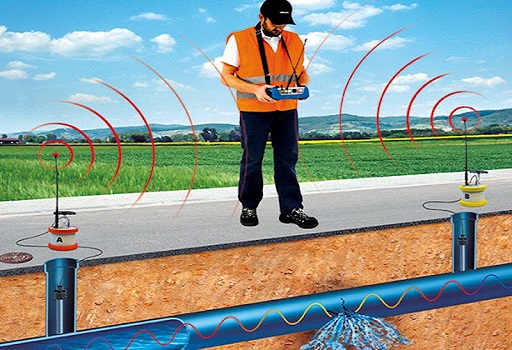Private Utility Locating Provides You a Safe & Protected Environment

When a public utility keeps their hands off on their work, private utility locating starts from there. These experts are prepared to find private lines and guarantee a protected environment for the project. This is regularly complicated as records are frequently not as comprehensive. Mostly, existing records are incorrect in that they show a planning system that is not quite the same as the actual underground installation. Utilizing top to bottom preparation and tools to success, for example, ground-penetrating radar and electromagnetic strategies. Private utility locating organizations give you an exact "lay of the land" as it were, so you can finish your project and keep away from pointless and any conceivable trouble. Leak detection Leaks are one of the most normal, bothering, and harmful plumbing issues a home can confront. Indeed, even a little pinhole leak can damage your drywall and lead to other significant issues. Like, wastewater and higher bills. Someti...




